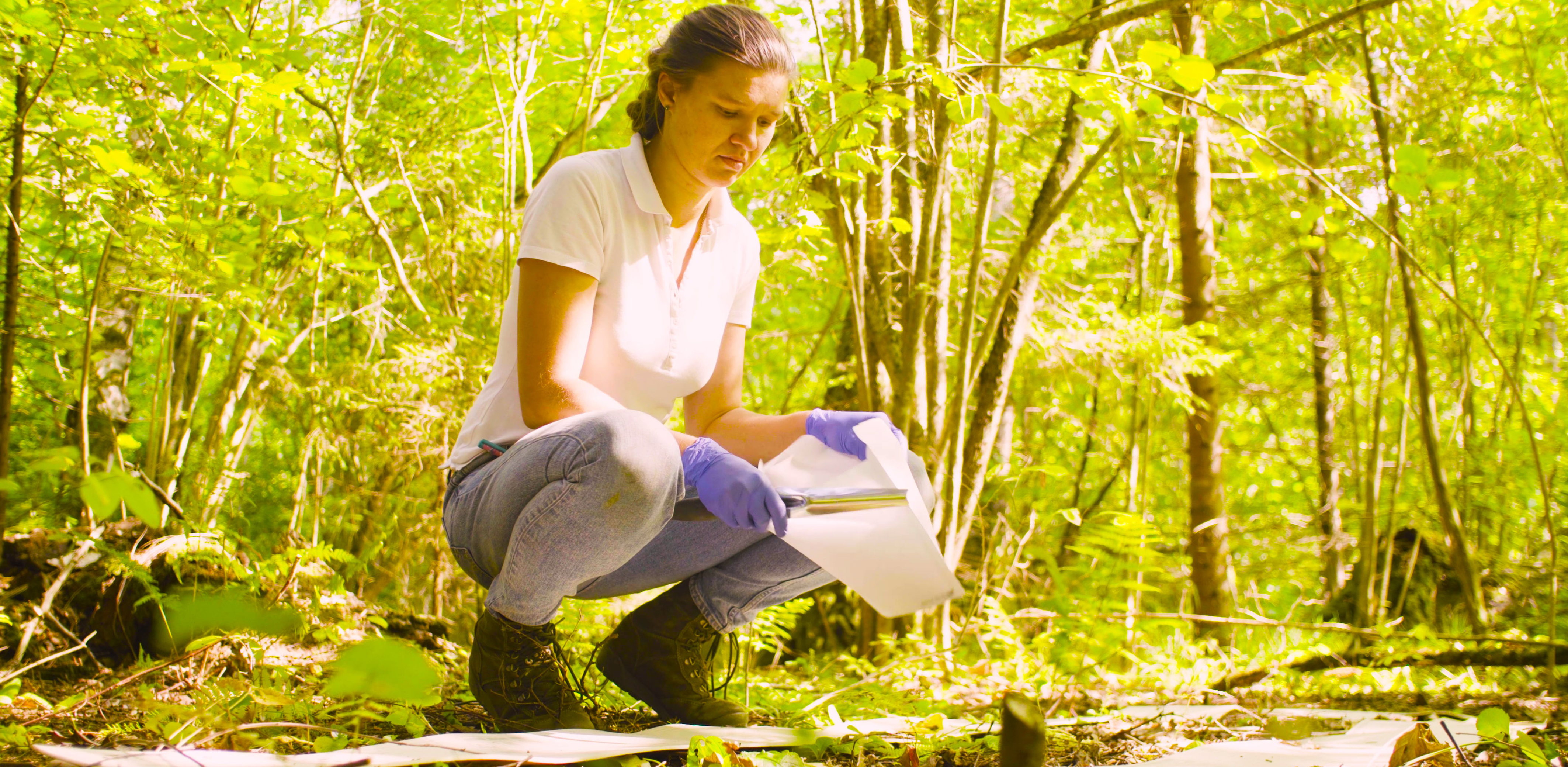ASIG Event Summary: Principles for Undergraduate Field Courses
Principles for Undergraduate Fieldwork. Can they guide us in enabling more inclusive and sustainable fieldwork learning opportunities?
Event summary by Rev. Paul Rooney CEnv MCIEEM CGeog FRGS, Vice Convenor ASIG.

In terms of the development CIEEM, having Catherine lead a recent ASIG discussion event as a senior person from the RGS (with IBG) reminded us of our historical roots. CIEEM, or IEEM as it was then, was formed in 1991 out of a working association including the RGS (with IBG) and the British Ecological Society. It was Professor Tony Bradshaw that drove this association, eventually resulting in the formation of our Institute. Tony was the President of the British Ecological Society for 1982–83 and the Inaugural President of the Institute of Ecology and Environmental Management in 1991–94. As a former student of Tony’s, I can vouch for the fact that in addition to being a brilliant academic, he was also a practical person and someone very interested in ‘field-based’ ecological investigations for the benefit of nature. This combination of practical ‘in the field’ and ‘academic scientific’ approaches shaped the founding principles of IEEM.
Based on this foundation and mindful that fieldwork is an integral element of many environmental undergraduate programmes, through this webinar Catherine described the RGS (with IBG) ‘Principles for Undergraduate Fieldwork’ agreed in October 2021.
Catherine described how over the last few years, accelerated by the impacts of COVID, Heads of University Geography departments across the UK had considered a range of intersecting issues related to taught undergraduate field courses – including sustainability and carbon footprints of travel, accessibility, inclusivity and equality of opportunity, and issues of fieldwork and mental health, both for students and staff. Collectively, the Heads of Geography have agreed upon a set of principles that commits their department’s support to the delivery of high quality and sustainable fieldwork for future generations of undergraduate students. Catherine’s presentation outlined the Principles and some of the challenges in their development; resources developed to support their uptake; and broader programmes of work on fieldwork issues in educational settings.
ASIG members are encouraged to offer any relevant additional resources or reading lists to the RGS (with IBG).
If you are not yet a member of the CIEEM Academia Special Interest Group, and would be keen to attend future events, remember that you can join the ASIG mailing list by updating your personal preferences in the My CIEEM area of the website.
